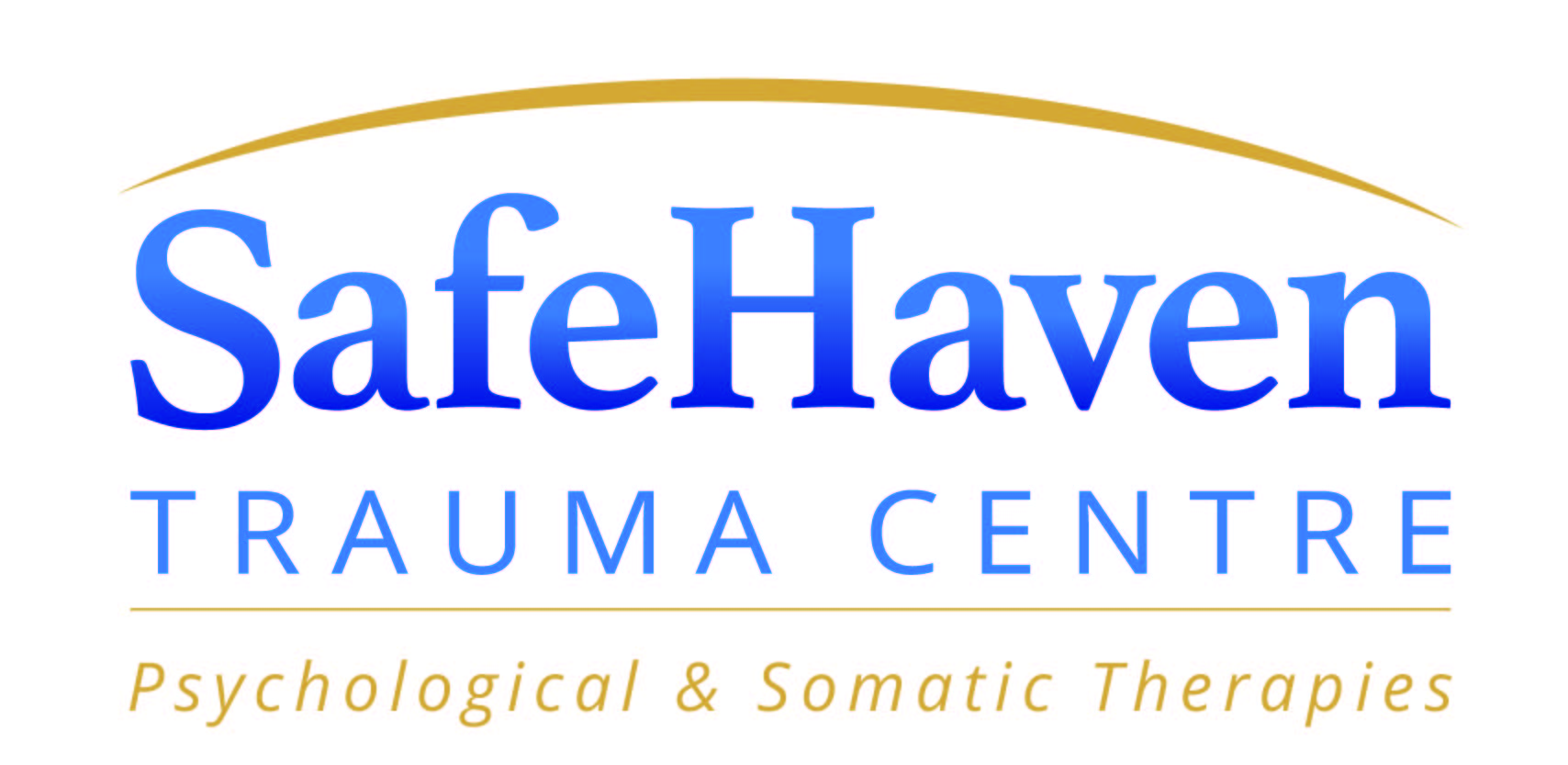Psychotherapy - SafeHaven Trauma Centre
Psychotherapy
This is a talking therapy focused on creating change by understanding the underlying drivers behind why we do the things we do and how our past is influencing our present.
At the Centre we take an integrative approach. This means we bring together elements from different schools of thought in psychotherapy. The approach allows therapy to respond to a clients needs and give attention to how a person considers they are functioning emotionally, cognitively, physiologically, behaviourally, and spiritually.
Examples of different psychotherapeutic schools that can be integrated in your sessions includes: psychodynamic , cognitive behavioural, person-centred, body psychotherapy, existential, family systems therapy, transpersonal, and more.
Trauma-Informed Psychotherapy
When dealing with psychological trauma, the approach remains a talking based approach. The difference is the approach is structured around the 3-phase model of trauma that you can read about in ‘Trauma-Focused Therapy‘.

What happens in a session?
It is a proactive form of therapy that looks to increase the knowledge and understanding you have about you. It aims to help you change and grow as a person. At the end of therapy ideally you know yourself better and have more knowledge and greater skills in order to live your life.
Psychotherapy is a therapy that encourages and facilitates growth of the individual.
Short term, single incident trauma usually requires 10-14 sessions; however often psychotherapy will be used for mid to long term support, especially for complex trauma, lasting typically 6 months to 2 years.
Sessions are typically 90 minutes in length for trauma-informed work, and 60minutes when it it for other conditions.
Psychotherapy can take place:
- face to face
- individually or in a group
- online/over the phone
Is psychotherapy right for you?
Psychotherapy can be used to treat a wide range of mental health conditions. From major emotional disturbances, such as bipolar disorder or obsessive compulsive disorder through to stress management or personal growth and reflection, psychotherapy can be of significant benefit. You can expect to reduce or eliminate symptoms causing mental distress and have a greater understanding of the problems you face and strengthened coping skills.
As it is often a longer term approach commitment and individual responsibility are key to it being successful for you.

